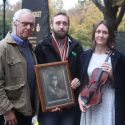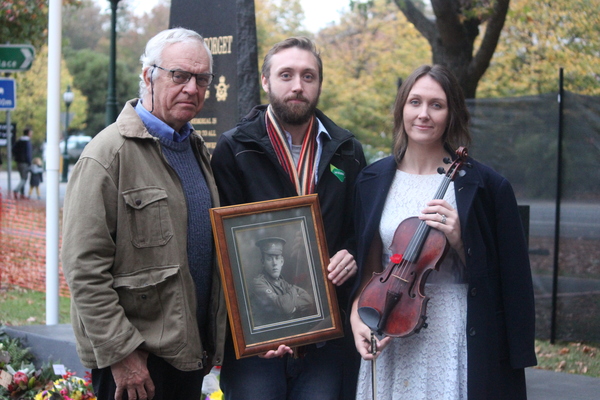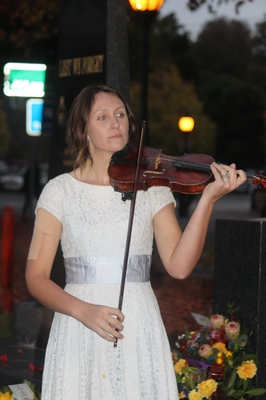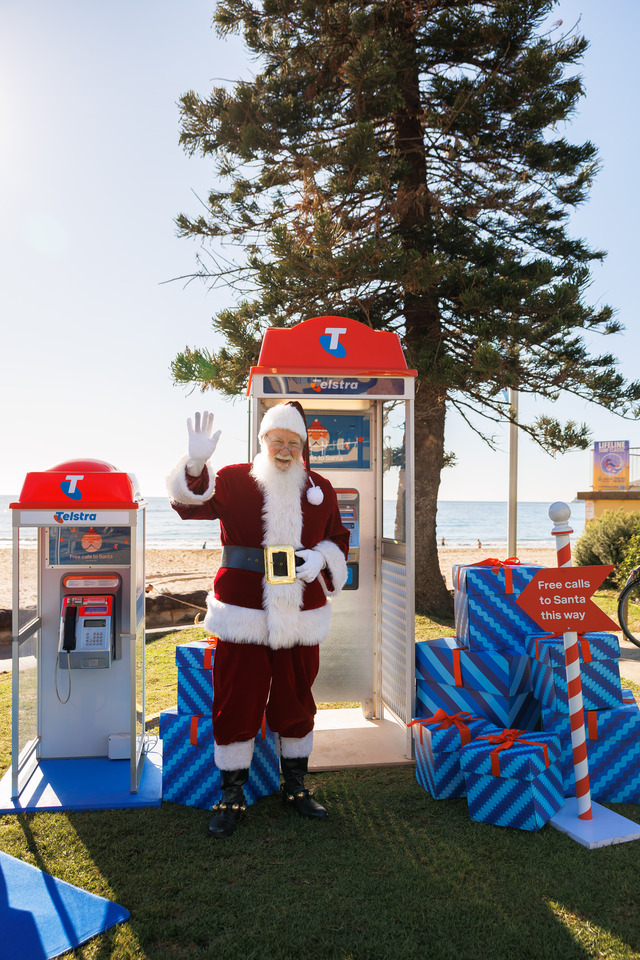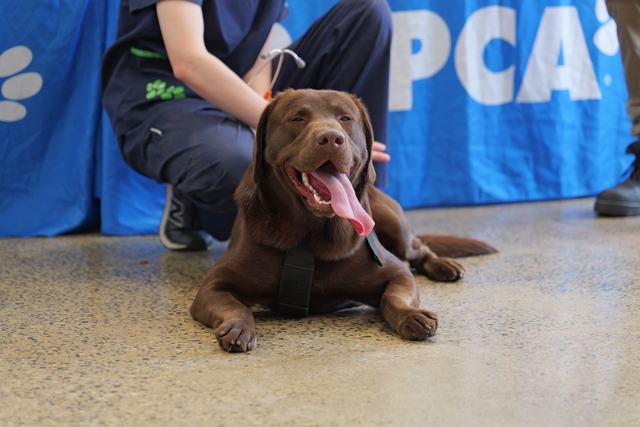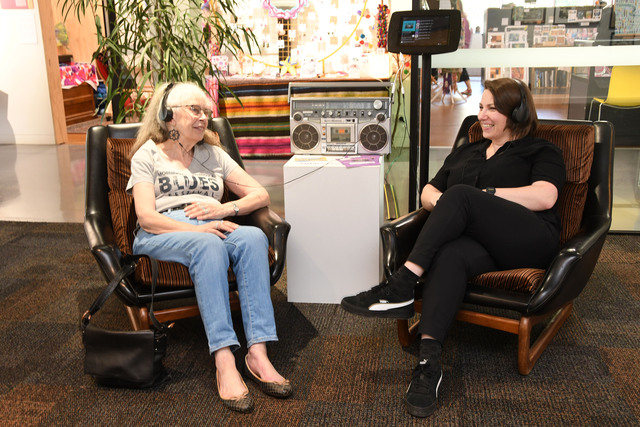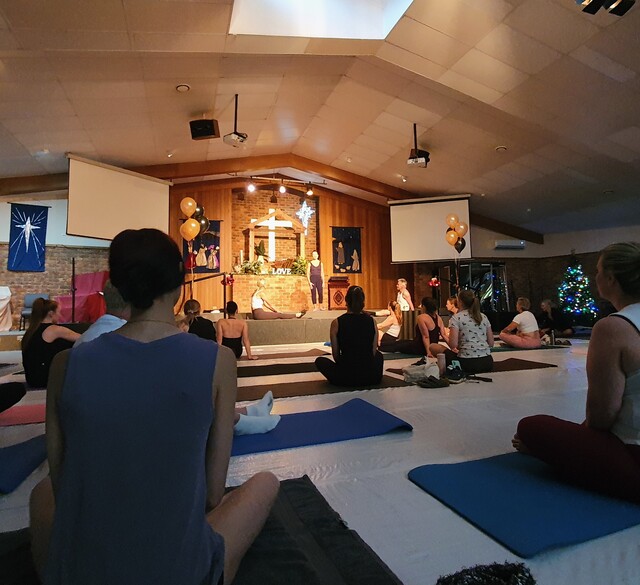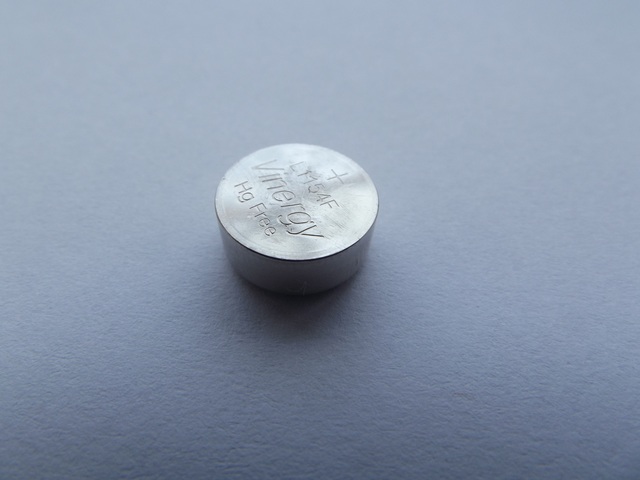By Kath Gannaway
Cat Walker got her first violin when she was three, but there was another violin already in her life – her great-grandfather’s red violin.
At the Healesville Dawn Service on Anzac Day, Cat, now 28 and an equine adviser in the Yarra Valley, told the remarkable story of Staff Sergeant Charles Alfred Bender and his red violin.
In her soft voice, and as she played the beautiful Ashokan Farewell, she captured the imagination and hearts of the crowd.
The legendary violin, the only physical connection to her great-grandfather, was always there, in her parents’ wardrobe, but significantly damaged.
In year 11, when she says she was getting serious about further study on violin, she had it restored to complete Year 12.
Sgt Bender joined the 8th Australian Field Ambulance in July 1917 after working in military hospitals in Lemnos, Abbassia, Brighton and Abbeville.
He also joined the unit’s musical troupe, the Nightbirds, who performed many concerts during their travels in France.
“The travels of my great-grandfather’s red violin are the stuff of family legend,” she said. “We’ve all heard about the time he left the violin in a trough in France when his field ambulance unit was called to the front line.”
Cat’s research revealed that someone, whether it was Sgt Bender, or another, made a special trip back to get the hidden instruments.
“What I never wondered until now, was who he played his beloved violin for. Who heard the same voice I hear when I play ‘Alfie’? Who found solace or joy? Who forgot where they were while they danced, just for a moment?
“So, I went looking,” she said.
She found an official mention of items belonging to the concert troupe being dumped near Vauchelles in April 1918, weeks before Alfred was hospitalised due to gas exposure while treating and evacuating others on the 25th of April.
“Maybe he collected his precious violin on his way back to his unit? Who knows …!
“What I do know is that on Christmas Day 1917, he performed a violin solo as part of an evening concert for the freezing and exhausted unit while they were billeted in Wirwignes,” she said.
“I wish I knew what he played that night, but when I play Alfred’s violin today, I will play for those who did not hear him play, those the Field Ambulances and other medical units could not save; those we can remember both in silence and in music.”

